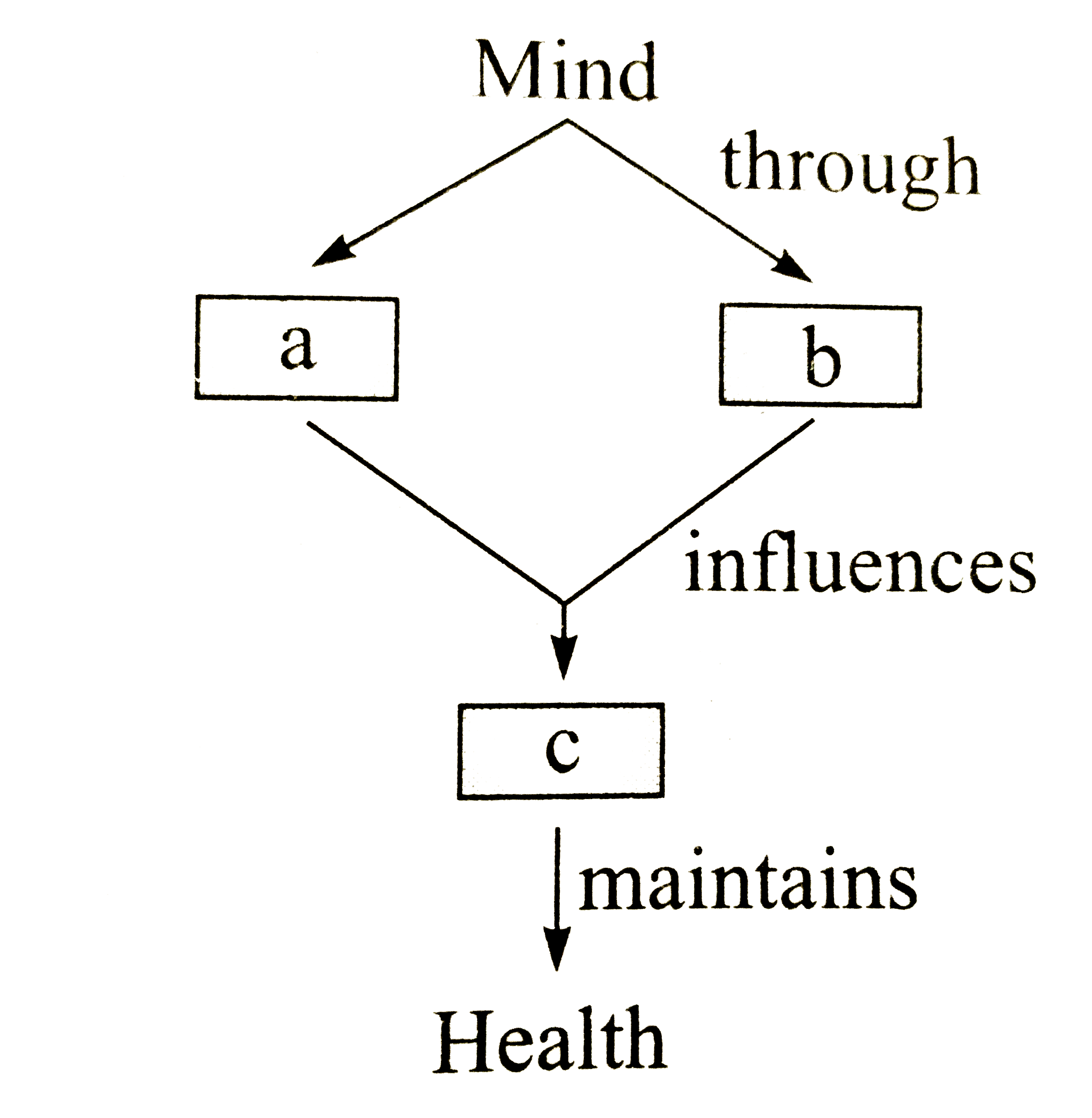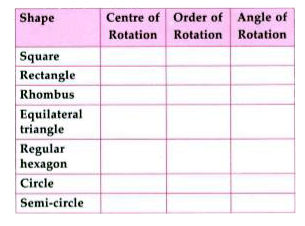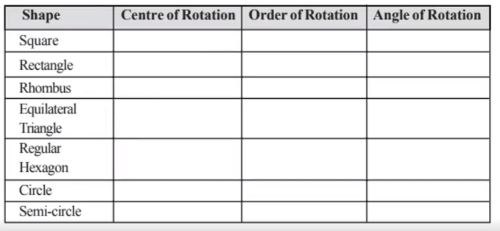Fill in the blank
Radius =Diameter?
To solve the problem of filling in the blank for the equation "Radius = (Diameter)/(?)", we need to understand the relationship between the radius and the diameter of a circle.
1. Understand the Definitions:
- The radius of a circle is the distance from the center of the circle to any point on its circumference.
- The diameter of a circle is the distance across the circle through its center, which is twice the length of the radius.
2. Establish the Relationship:
- The relationship between the radius (r) and the diameter (d) can be expressed as:
d=2r
- This means that the diameter is equal to two times the radius.
3. Rearranging the Formula:
- To express the radius in terms of the diameter, we can rearrange the formula:
r=d2
- This shows that the radius is half of the diameter.
4. Fill in the Blank:
- From the equation r=d?, we can see that the question mark represents the number that we divide the diameter by to get the radius.
- Since we found that r=d2, we can conclude that:
?=2
Final Answer:
The blank can be filled with 2. Therefore, the complete equation is:
Radius=Diameter2
- The radius of a circle is the distance from the center of the circle to any point on its circumference.
- The diameter of a circle is the distance across the circle through its center, which is twice the length of the radius.
- The relationship between the radius (r) and the diameter (d) can be expressed as:
d=2r
- This means that the diameter is equal to two times the radius.
- To express the radius in terms of the diameter, we can rearrange the formula:
r=d2
- This shows that the radius is half of the diameter.
- From the equation r=d?, we can see that the question mark represents the number that we divide the diameter by to get the radius.
- Since we found that r=d2, we can conclude that:
?=2
The blank can be filled with 2. Therefore, the complete equation is:
Radius=Diameter2
Similar Questions
Knowledge Check
Fill in the blanks :
 Aa-neural system b-endocrine system c-immune systemBb-neural system c- endocrine system a-immune systemCa-neural system c-endocrine system b-immune systemDc-neural system b- endocrine system a-immune system
Aa-neural system b-endocrine system c-immune systemBb-neural system c- endocrine system a-immune systemCa-neural system c-endocrine system b-immune systemDc-neural system b- endocrine system a-immune systemFill in the blanks :
 Aa-neural system, b-endocrine system, c-immune systemBb-neural system, c-endocrine system, a-immune systemCa-neural system, c-endocrine system , b-immune systemDc-neural system, b-endocrine system, a-immune system
Aa-neural system, b-endocrine system, c-immune systemBb-neural system, c-endocrine system, a-immune systemCa-neural system, c-endocrine system , b-immune systemDc-neural system, b-endocrine system, a-immune systemFill in the blanks.
APneumonia is an example of ………………. Disease.BMany skin diseases are caused by…………….CAntibiotics commonly block biochemical pathways important for the growth of…………….DLiving organisms carrying the infecting agents ts from one person to another are called………………





